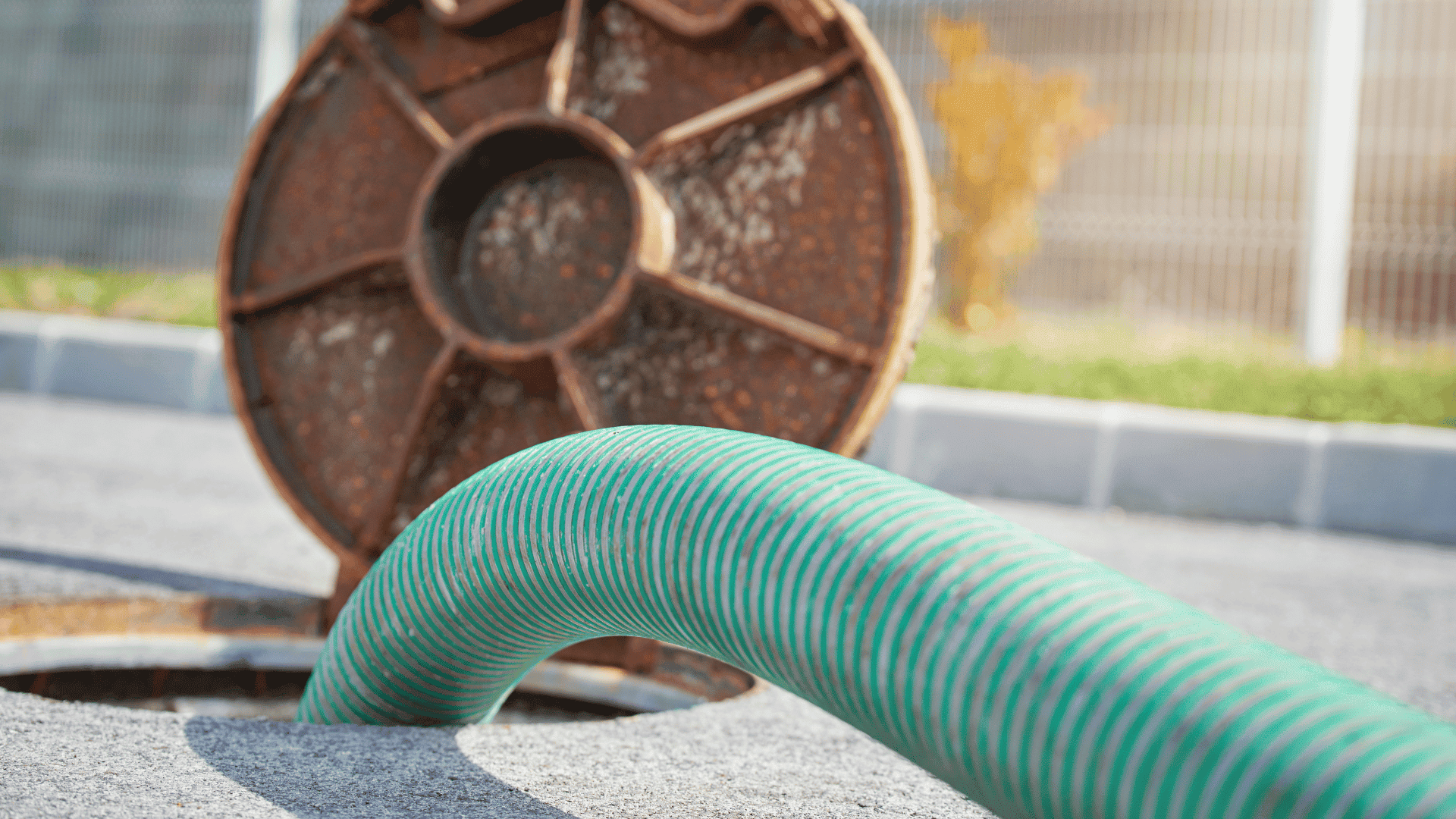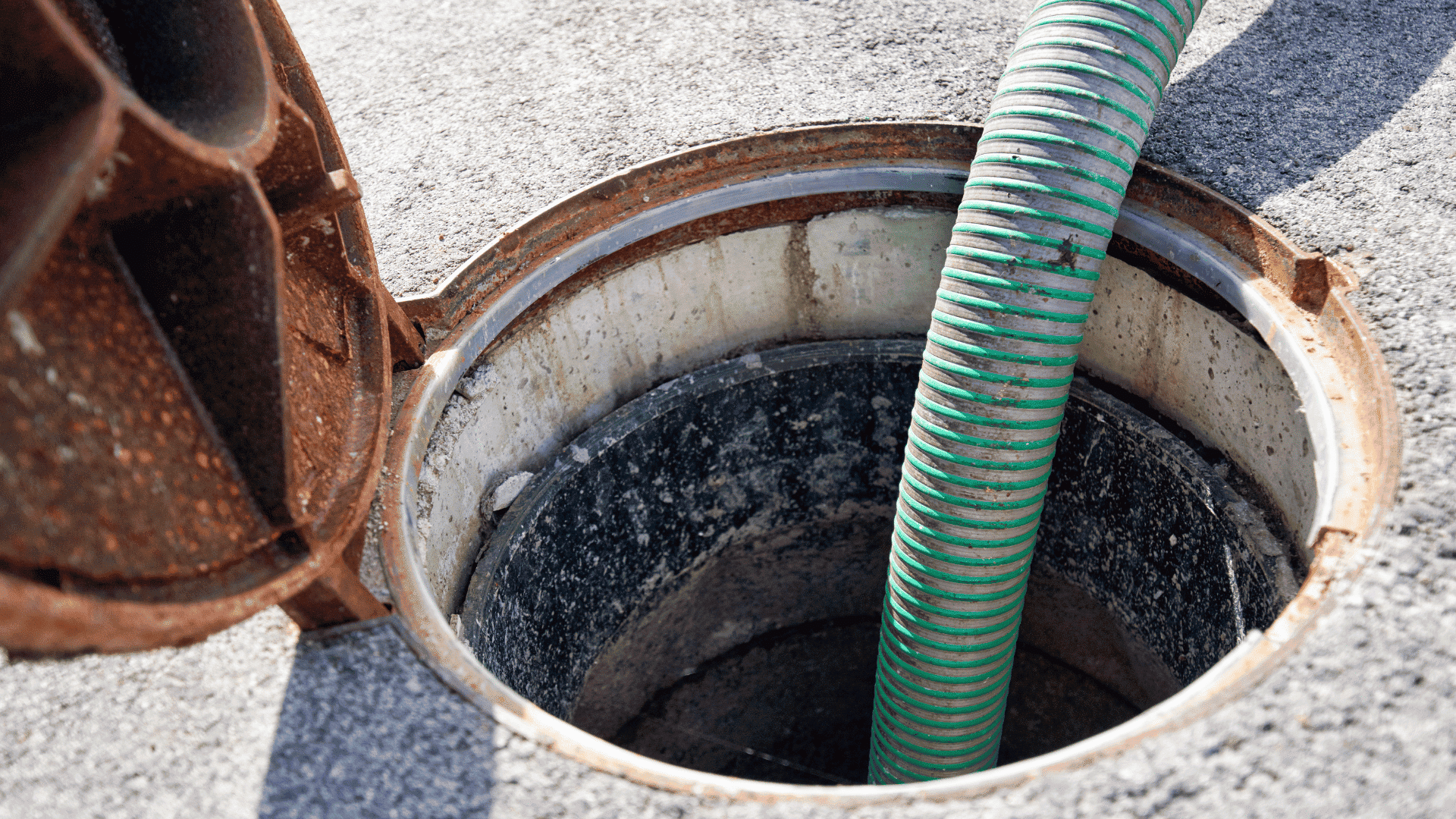
Can a Septic System Last 50 Years?
A septic system is a crucial component of many households, particularly in rural areas or places not connected to a municipal sewer system. Homeowners rely on it to manage wastewater efficiently, but a common question arises: Can a septic system last 50 years?
The truth is, while it’s certainly possible for a septic system to last for decades, several factors contribute to its longevity. Some septic systems may surpass 50 years, while others may need replacement much sooner. In this blog, we’ll explore the factors that influence the lifespan of a septic system, how to maintain it for long-term use, and provide valuable insights to ensure your system lasts as long as possible.
Factors Affecting the Lifespan of a Septic System
There are several critical elements that affect how long a septic system will last. These include the materials used, installation quality, and regular maintenance practices. Let’s break down each factor in detail:
Construction Material
The materials used to construct a septic system are one of the most significant factors influencing its lifespan. Here’s a quick rundown of common septic tank materials:
- Concrete (40+ years)
Concrete septic tanks are known for their durability and can last for 40 years or more with proper maintenance. Concrete is resistant to corrosion, making it a reliable choice for long-lasting septic systems. - Fiberglass & HDPE (30+ years)
Fiberglass and high-density polyethylene (HDPE) are lightweight, corrosion-resistant materials commonly used in septic systems. These tanks can last for 30 years or more, but their installation requires proper anchoring to avoid issues like floating. - Steel (15-20 years)
Steel tanks tend to have the shortest lifespan. They are prone to rusting and corrosion, typically lasting only 15 to 20 years. Regular inspections are necessary to prevent serious damage, such as rusting through.
Installation Quality
The quality of the septic system’s installation is paramount. If the system is improperly installed, even the best materials may not last. Ensuring the installation meets local building codes and is carried out by qualified professionals will set the foundation for a longer-lasting system.
Septic Tank: How Long Will It Last?
The septic tank is the heart of the system, and its lifespan varies depending on the material used:
Concrete Tanks
Concrete tanks are known for their strength and longevity. With regular maintenance, they can last for 40 years or longer. However, concrete can be susceptible to cracking, especially if the ground shifts or the tank is overloaded. Inspections should focus on detecting cracks or signs of wear that may indicate structural issues.
Steel Tanks
Steel tanks are the least durable, primarily due to rusting. They generally last only 15-20 years. Regular inspections and pumping are essential to extending their lifespan. If your steel tank is approaching its maximum lifespan, it might be wise to start planning for a replacement.
Fiberglass and HDPE Tanks
Fiberglass and HDPE tanks are known for their resistance to corrosion and can last up to 30 years with proper care. These tanks are lighter than concrete, so they require careful installation to avoid damage. While less prone to rust, they may suffer from issues like floating if not adequately secured.

Drain Field (Leach Field) Longevity
The drain field, also called the leach field, is just as important as the septic tank itself. This part of the system is responsible for filtering and dispersing wastewater into the soil. With proper maintenance, a drain field can last 50 years or more.
Key Points for Drain Field Longevity:
- Pipe Material: PVC, steel, and cast-iron pipes are commonly used. PVC can last the longest, up to 50 years, while steel and cast-iron pipes should be inspected regularly for corrosion.
- Maintenance: Ensuring the drain field is free from blockages and that the soil surrounding it allows for proper drainage is critical. Overloaded drain fields can lead to system failure, which may require costly repairs.
How Soil Type and Water Table Affect Septic System Lifespan
Soil Type
Soil plays a significant role in how well a septic system functions. Soil that is highly acidic, clay-rich, or compacted can cause problems. Acidic soils can corrode pipes and tanks, reducing the system’s lifespan. On the other hand, well-draining, non-acidic soil helps the septic system last longer by allowing wastewater to be filtered efficiently.
Water Table
The water table refers to the level of groundwater in the soil. A high water table can lead to septic system failure because it prevents the soil from absorbing wastewater properly. This situation can drastically shorten the lifespan of both the septic tank and the drain field. If your property has a high water table, installing a raised drain field or proper drainage solutions may be necessary.
The Role of Regular Maintenance and Inspections
Routine maintenance is crucial to ensuring your septic system lasts as long as possible. Regular inspections help identify potential problems before they become serious issues. Some key maintenance tasks include:
- Septic Tank Pumping: It’s important to pump your septic tank every 3-5 years to remove solids and prevent backups. Regular pumping helps avoid clogs that can damage the system.
- Inspections: Routine inspections should check for cracks, leaks, and signs of wear in the septic tank and pipes. This can help prevent costly repairs and extend the life of the system.
- Maintaining the Drain Field: Ensure that the drain field is not being overloaded and that no solid waste or non-biodegradable items are flushed into the system.
Usage Patterns and Their Impact on System Lifespan
How much and how often a septic system is used can significantly affect its longevity. Larger households or properties with high water usage can put additional strain on the system. Here are some tips to reduce strain:
- Limit Water Use: Avoid excessive water usage, such as long showers or running multiple appliances at once.
- Avoid Non-Biodegradable Items: Only flush human waste and toilet paper down the drain. Avoid flushing wipes, diapers, and other non-biodegradable materials, which can cause clogs and backups.
- Monitor Tank Usage: If you have a large family, it might be necessary to pump the septic tank more frequently to prevent it from getting too full.
Signs of an Aging Septic System
There are several warning signs that indicate your septic system may be aging and in need of attention:
- Slow Drains or Backups: If your drains are slow or if you experience backups, it may indicate a problem with your septic system.
- Unpleasant Odors: Foul smells around the septic tank or drain field can signal a system malfunction.
- Standing Water: If you notice standing water around the drain field or septic tank, it could mean the system is failing and unable to properly filter wastewater.
- Sewage Backups in the Home: This is one of the most serious signs that the septic system needs immediate attention.
Can a Septic System Really Last 50 Years?
In conclusion, while it is certainly possible for a septic system to last 50 years, it requires proper installation, regular maintenance, and a favorable environment. A well-maintained concrete or fiberglass tank with a properly functioning drain field can easily exceed 50 years, while steel tanks may only last 20 years. The key is to ensure that your system is well cared for, and you act quickly if any issues arise.

Choose Upfront Septic & Plumbing for Your Septic Needs
At Upfront Septic & Plumbing, we specialize in the installation, maintenance, and repair of all types of septic systems, from traditional concrete tanks to modern aerated systems. Our experienced team can help ensure that your system lasts for decades, offering:
- Professional septic tank installation and inspections
- Routine pumping and maintenance services
- Advanced diagnostics and repairs for septic tank issues
- Expertise with all types of systems, including conventional, chamber, and aerobic setups
We are committed to providing high-quality service and ensuring that your septic system performs at its best, year after year.
If you want to ensure your septic system lasts as long as possible, Upfront Septic & Plumbing is here to help. Whether you need a routine inspection, emergency repair, or a brand-new septic system, our experts are ready to assist.
Call (253) 364-7416 or book your plumbing appointment today!
